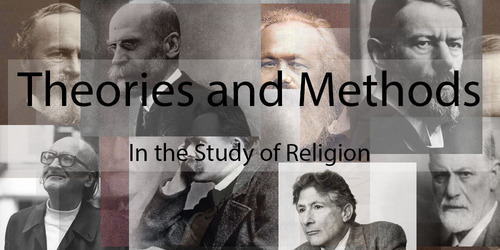If you were to stop and ask people walking down the street here in the United States whether or not they were religious, seven out of ten of them would probably say yes. You do not have to go far to hear about how America is a "Christian Nation," or that it was founded on "religious principles." But despite all the talk about religion, and despite its ubiquitous infusion in our daily lives here in the U.S., there is an enormous amount of confusion and closely held misconceptions regarding the stories, experiences, and practices of Christianity, Judaism, Islam, and various other world religions. The question of American religious illiteracy is an important one, especially given our current political climate nationally and globally. The answer is legion, and one taken up by Stephen Prothero in his book Religious Literacy: What Every American Needs to Know--And Doesn't. And since he has taken a considerable amount of time effort to successfully tackle that issue, I'll leave it to him, and instead try to contribute to the question of "What can we do about it?"
For the next couple weeks, I am going to be publishing a series on the core elements and thinkers that ground the academic study of religion (this is not to be confused with the basics OF religion, or religion 101). This series will sprawl philosophy, sociology, politics, psychology and a myriad of other fields as every week I offer a brief reflection on some of the important thinkers in the history of the study of religion, and how they shape and change the ways we think about, experience, and talk about the subject.
Why focus on theory and method?
Theory, when done correctly, is a practice of intellectual humility. A theory is an attempt to explain and understand the world as it is experienced by human beings in our limited earthly capacities. Our lives are grounded on theories that most of the time remain unseen and unthought as we move about our day-to-day routines. We rarely reflect on the meticulous things that go into explaining and understanding the ideas behind the mundane tasks of driving our cars to work, eating, and talking to friends and neighbors. Nonetheless, these routines are flowing with intellectual machinery buoyed by the fields of engineering, biology, and cognition and psychology, among a vast array of others. Whether we think about them or not, theories have a profound impact on shaping our lived experiences.
If a theory is the glass by which we see the world, then the method is the frame that holds them. A method is a way of interacting with the world. A tool for pushing, prodding, coaxing information or activity from objects and ideas that we encounter. It is the answer to the question of "how?"
So with these two aspects of academic inquiry on hand, the intellectual adventure begins. Whether you are religious, irreligious, or just curious, feel free to read along and participate in the comment section below.
Next week, our first stop is with the philosopher Friedrich Nietzsche.
